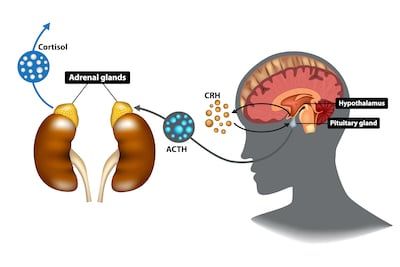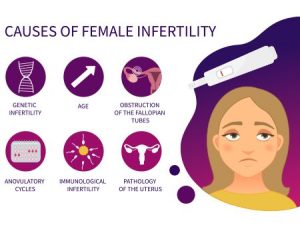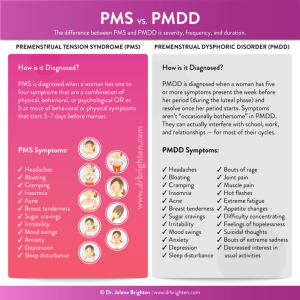The impact of caffeine on women’s hormonal health

Caffeine, found in coffee, tea, energy drinks, and chocolate, has become a common part of our daily routines. It offers a quick energy boost, increased alertness, and improved concentration. However, when it comes to women’s hormonal health, caffeine may not always be the best ally. Understanding the impact of caffeine on women’s hormones is crucial for making informed choices about our overall well-being.
How Caffeine Works
Caffeine is a stimulant that affects our central nervous system. When consumed, it blocks the receptors in our brain that detect adenosine, a chemical that promotes sleep. As a result, caffeine gives us a sense of wakefulness by increasing our adrenaline production and stimulating our neurotransmitters.
The Link between Caffeine and Hormones
While caffeine can provide a temporary energy boost, consuming it too frequently or in excessive amounts can disrupt the delicate balance of hormones in women’s bodies. Here are some key ways in which caffeine impacts hormonal health:
1. Estrogen Levels
Estrogen plays a crucial role in women’s reproductive health. Studies indicate that high caffeine intake can lead to alterations in estrogen levels, potentially affecting menstrual cycles and fertility. Excessive caffeine consumption may even increase the risk of developing conditions like endometriosis or polycystic ovary syndrome (PCOS).
2. Cortisol and Stress
Caffeine stimulates the release of cortisol, commonly known as the stress hormone. While cortisol is important for regulating our body’s response to stress, excessive amounts can lead to negative effects. Increased cortisol levels caused by high caffeine intake may lead to imbalances in other hormones, such as progesterone, leading to irregular periods, mood swings, and even weight gain.
3. Bone Density
Many women strive to maintain strong bone density as they age to prevent conditions like osteoporosis. However, excessive caffeine intake has been linked to a decrease in bone density, particularly in postmenopausal women. Reduced bone density increases the risk of fractures and other bone-related issues.
4. Sleep Disruption
Quality sleep is essential for maintaining hormonal balance. Unfortunately, caffeine can interfere with our sleep patterns, making it difficult to fall asleep and reducing the overall quality of our rest. Poor sleep can further disrupt hormonal function, leading to fatigue, decreased concentration, and mood swings.
Alternative Drinks for Hormonal Health
Fortunately, there are alternative drinks that can provide energy and hydration without the negative hormonal effects of caffeine:
1. Herbal Tea
Herbal teas, such as chamomile, peppermint, or green tea, offer a soothing and refreshing experience without the caffeine content. These teas can provide a range of additional health benefits while keeping you hydrated throughout the day.
2. Natural Fruit Juices
Freshly squeezed fruit juices supply natural sugars, vitamins, and minerals to keep you energized without caffeine. Opt for varieties like orange, apple, or cranberry juice to satisfy your sweet cravings while staying hydrated.
3. Infused Water
Give your water a boost by infusing it with fresh fruits, vegetables, or herbs. This tasty and low-calorie option provides hydration while adding a flavorful twist to your daily beverages.
4. Decaffeinated Coffee or Tea
If you love the taste of coffee or tea but want to reduce your caffeine intake, opt for decaffeinated versions. They provide the same satisfying flavor without the disruptive hormonal effects of caffeine.
Finding the Right Balance
Reducing caffeine consumption and finding a healthier balance is essential for supporting women’s hormonal health. While completely eliminating caffeine may be challenging, moderation and informed choices can help minimize its negative effects. Remember to listen to your body and consult with healthcare professionals if you have specific concerns.
In conclusion, while caffeine offers a temporary energy boost, women need to be mindful of its impact on hormonal health. By understanding the potential consequences and making conscious choices about our caffeine intake, we can support our overall well-being and maintain a harmonious hormonal balance.






